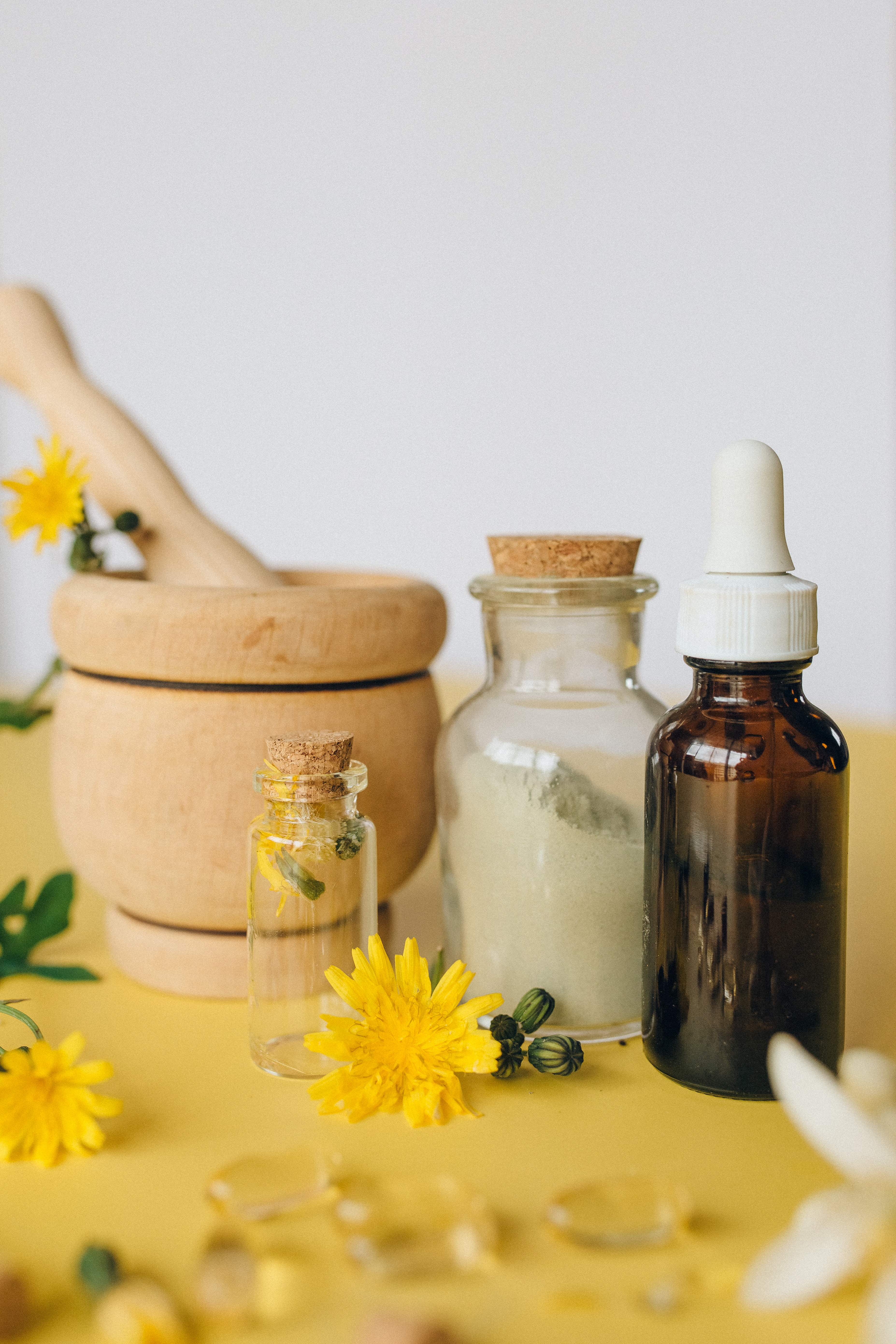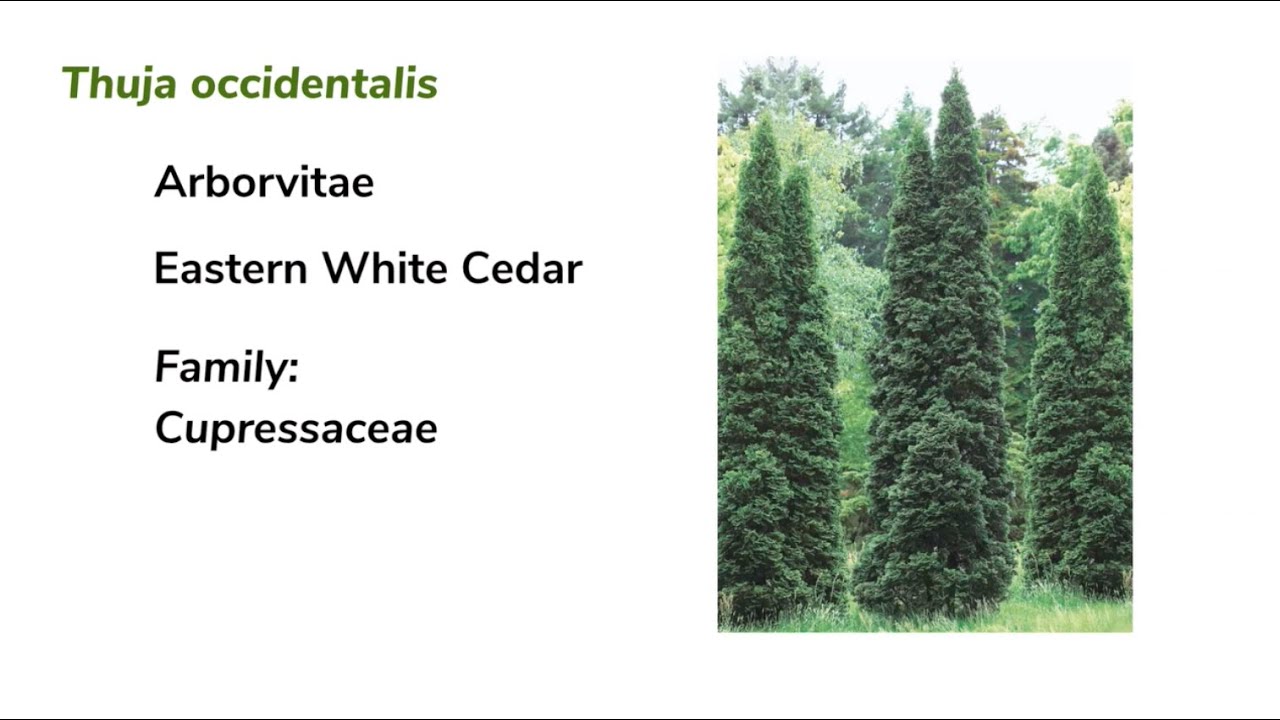Thuja Homeopathic Medicine - Potential Benefits And Risks
Thuja homeopathic medicine is a natural remedy that has been used for centuries to treat various health conditions. It is a type of homeopathic medicine that is made from the leaves and twigs of the Thuja occidentalis tree, which is also known as the northern white cedar.
Author:Suleman ShahReviewer:Han JuMay 30, 202385.5K Shares1.2M Views

Thuja homeopathic medicineis a natural remedy that has been used for centuries to treat various healthconditions.
It is a type of homeopathic medicine that is made from the leaves and twigs of the Thuja occidentalis tree, which is also known as the northern white cedar.
Thuja homeopathic medicine is believed to have several health benefits and is commonly used to treat skin conditions, respiratory problems, and emotional imbalances.
In this article, we will explore the potential benefits and risks of using Thuja homeopathic medicine.
What Is Thuja Homeopathic Medicine?
Thuja Homeopathic Medicine is derived from the evergreen tree Thuja occidentalis, which is native to North America. It is one of the most widely used remedies in homeopathy and is believed to have many potential health benefits.
The plant has been used for centuries by Native Americans to treat a variety of conditions, including warts, skin problems, and respiratory ailments.
The homeopathic remedy is made by diluting the plant material and shaking it vigorously to create a potentized solution.
The active ingredient in Thuja Homeopathic Medicine is thujone, a terpene that is found in high concentrations in the leaves and twigs of the Thuja tree.
Thujone is known to have antiviral, antibacterial, and antifungal properties, and it is believed to be responsible for many of the health benefits associated with Thuja Homeopathic Medicine.
Thuja Homeopathic Medicine is available in a variety of forms, including pellets, tablets, and tinctures. It can be used to treat a wide range of health conditions, from skin problems and respiratory ailments to mental and emotional issues.
While Thuja Homeopathic Medicine has many potential benefits, it is important to use it with caution and under the guidance of a qualified homeopathic practitioner.
Like all medicines, Thuja Homeopathic Medicine has potential risks and side effects, especially if it is not used correctly.

Materia Medica Series #4 Thuja occidentalis
Potential Benefits Of Thuja Homeopathic Medicine
Thuja homeopathic medicine is derived from the evergreen tree Thuja Occidentalis, also known as Arbor Vitae. It has been used for centuries in traditional medicine and is now gaining popularity as a homeopathic remedy.
Boosts Immunity
Thuja homeopathic medicine is known to boost the immune system. It stimulates the production of white blood cells and strengthens the body's natural defense mechanisms. Thuja can also improve the body's response to viral and bacterial infections.
Skin Health
Thuja homeopathic medicine has several benefits for skin health. It can be used to treat skin conditions such as warts, acne, and psoriasis. It has antimicrobial and antifungal properties, which can help to reduce skin infections and inflammation.
Respiratory Health
Thuja homeopathic medicine has beneficial effects on the respiratory system. It can be used to treat respiratory infections, coughs, and asthma. Thuja helps to reduce inflammation in the airways and improve breathing.
Digestive Health
Thuja homeopathic medicine can also benefit digestive health. It can be used to treat digestive issues such as diarrhea, bloating, and indigestion. Thuja stimulates the digestive system, promoting healthy digestion and bowel movements.
Emotional Health
Thuja homeopathic medicine has beneficial effects on emotional health. It can be used to treat anxiety, depression, and other emotional imbalances. Thuja helps to balance the nervous system and promote feelings of calm and relaxation.
Potential Side Effects Of Thuja Homeopathic Medicine
As with any medication or treatment, there are potential risks associated with using thuja homeopathic medicine. It is important to discuss these risks with a qualified healthcare provider before beginning any treatment.
Adverse Reactions
While thuja is generally considered safe when used appropriately, there have been reports of adverse reactions. These may include skin irritation, allergic reactions, and gastrointestinal upset.
Interactions With Other Medications
Thuja may interact with other medications, including prescription and over-the-counter drugs, as well as herbal supplements. It is important to discuss all medications and supplements with a qualified healthcare provider before beginning thuja homeopathic treatment.
Pregnancy And Breastfeeding
There is limited research on the safety of thuja homeopathic medicine during pregnancy and breastfeeding. Pregnant or breastfeeding women should consult with a qualified healthcare provider before using thuja.
Overuse Or Misuse
Overuse or misuse of thuja homeopathic medicine may lead to adverse effects, including toxic reactions. It is important to follow dosage instructions carefully and not exceed the recommended dose.
Lack Of Scientific Evidence
While there are some studies suggesting that thuja homeopathic medicine may have benefits, more research is needed to fully understand its effectiveness and potential risks.
As with any treatment, it is important to discuss the potential benefits and risks with a qualified healthcare provider.
Administering Thuja Homeopathic Medicine
Small pellets or tablets containing thuja homeopathy are typically taken and dissolved under the tongue. The pellets are so watered down that they may only have minute quantities of the actual medicine in them.
What dose of Thuja is best for a certain illness, patient age, and general health all have a role in how effective the treatment is. However, two to three doses of Thuja are typically taken daily for a few weeks, or until symptoms improve.
Individuals with serious or chronic conditions should always consult with a qualified healthcare professional prior to using any homeopathic remedies, and it is important to note that homeopathic remedies are not intended to replace conventional medical treatment.
Precautions When Using Thuja Homeopathic Medicine
Thuja homeopathic medicine has been used for various purposes, but like any other medicine, it is important to exercise caution and take certain precautions when using it. Here are some precautions to consider:
Consult With A Homeopath
If you are considering using thuja homeopathic medicine, it is important to consult with a homeopathic practitioner who can guide you on how to use it safely and effectively. They can also help you determine the right dosage and frequency of use based on your pet's individual needs.
Avoid Overdosing
Although thuja homeopathic medicine is generally considered safe, overdosing can cause adverse effects in pets. Therefore, it is important to follow the recommended dosage instructions and not exceed them. Overdosing can lead to symptoms such as vomiting, diarrhea, and dehydration.
Monitor Your Pet's Symptoms
It is important to monitor your pet's symptoms and reactions to the medicine. If you notice any unusual symptoms or side effects, stop the use of the medicine and contact your homeopathic practitioner immediately.
Avoid Self-Medication
Never attempt to self-medicate your pet with thuja homeopathic medicine or any other homeopathic medicine. Only a trained homeopathic practitioner can determine the correct dosage and frequency of use based on your pet's individual needs and health status.
Be Aware Of Allergies
If your pet has a known allergy to thuja or any other ingredient in the medicine, it is important to avoid using it. Allergic reactions can cause symptoms such as swelling, hives, and difficulty breathing.
Store Properly
Store thuja homeopathic medicine in a cool, dry place away from sunlight, heat, and moisture. Exposure to these elements can affect the potency and effectiveness of the medicine. Also, keep it out of reach of children and pets.
By taking these precautions, you can safely and effectively use thuja homeopathic medicine for your pet's health needs
People Also Ask
Is Thuja Homeopathic Medicine Effective For Treating Warts?
Yes, thuja homeopathic medicine is effective for treating warts. It is a popular remedy for treating various types of warts, including plantar warts and genital warts.
Can Thuja Homeopathic Medicine Be Used For Pets?
Yes, Thuja homeopathic medicine can be used for pets to treat a variety of conditions, including skin problems, respiratory infections, and behavioral issues.
However, it is important to consult with a qualified veterinarian or homeopath before administering any homeopathic remedies to your pet.
Is Thuja Homeopathic Medicine Safe During Pregnancy?
It is generally considered safe to use Thuja homeopathic medicine during pregnancy, but it is important to consult with a qualified homeopath or healthcare provider before taking any homeopathic remedies during pregnancy or while breastfeeding.
Final Thoughts
Thuja homeopathic medicine is a natural remedy made from the Thuja plant. It has a long historyof use in homeopathy and is believed to have a range of therapeutic properties.
While Thuja is generally considered safe, it is important to use it under the guidance of a qualified practitioner and to be aware of any potential side effects.
If you are interested in using Thuja homeopathic medicine, be sure to consult with a qualified practitioner to determine if it is the right choice for you.

Suleman Shah
Author
Suleman Shah is a researcher and freelance writer. As a researcher, he has worked with MNS University of Agriculture, Multan (Pakistan) and Texas A & M University (USA). He regularly writes science articles and blogs for science news website immersse.com and open access publishers OA Publishing London and Scientific Times. He loves to keep himself updated on scientific developments and convert these developments into everyday language to update the readers about the developments in the scientific era. His primary research focus is Plant sciences, and he contributed to this field by publishing his research in scientific journals and presenting his work at many Conferences.
Shah graduated from the University of Agriculture Faisalabad (Pakistan) and started his professional carrier with Jaffer Agro Services and later with the Agriculture Department of the Government of Pakistan. His research interest compelled and attracted him to proceed with his carrier in Plant sciences research. So, he started his Ph.D. in Soil Science at MNS University of Agriculture Multan (Pakistan). Later, he started working as a visiting scholar with Texas A&M University (USA).
Shah’s experience with big Open Excess publishers like Springers, Frontiers, MDPI, etc., testified to his belief in Open Access as a barrier-removing mechanism between researchers and the readers of their research. Shah believes that Open Access is revolutionizing the publication process and benefitting research in all fields.

Han Ju
Reviewer
Hello! I'm Han Ju, the heart behind World Wide Journals. My life is a unique tapestry woven from the threads of news, spirituality, and science, enriched by melodies from my guitar. Raised amidst tales of the ancient and the arcane, I developed a keen eye for the stories that truly matter. Through my work, I seek to bridge the seen with the unseen, marrying the rigor of science with the depth of spirituality.
Each article at World Wide Journals is a piece of this ongoing quest, blending analysis with personal reflection. Whether exploring quantum frontiers or strumming chords under the stars, my aim is to inspire and provoke thought, inviting you into a world where every discovery is a note in the grand symphony of existence.
Welcome aboard this journey of insight and exploration, where curiosity leads and music guides.
Latest Articles
Popular Articles